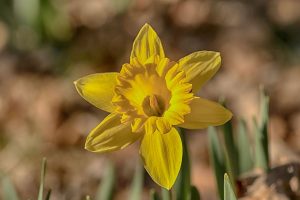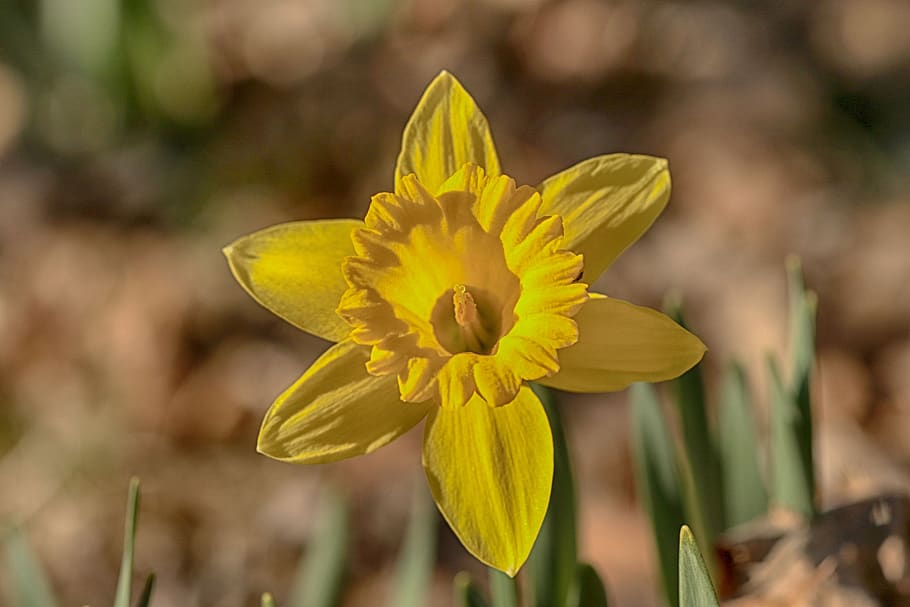This is an archive of prayers, prayer-poems, and songs for the Dry season (i.e., Spring & Summer) in which the condensation moisture in the form of dew provides one of the four key ingredients for the perpetuation of most life as we know it on our Earth (sun, soil, water, and air). Heavy precipitation (rain and hail) are considered dangerous at this time as it may damage and interrupt the vital and vulnerable agricultural harvests. Click here to contribute a prayer you have written, or a transcription and/or translation of a historic prayer or song in any language, familiar or obscure, for the Dry season. Filter resources by Collaborator Name Filter resources by Tag Filter resources by Category Filter resources by Language Filter resources by Date Range
The first day of Pesach, according to the Sages, is the day the world is judged for grain and dew. Because of this, many customs have developed tying it into the pomp of the High Holy Days. One custom preserved in many medieval maḥzorim is to extend the final blessing of the the Musaf “Tal” (Dew) service, including a Hayom piyyut, a piyyut form otherwise almost exclusively associated with the Yamim Noraim. This extended Sim Shalom berakha including piyyutim is presented here, largely based on the form compiled by Ernst Daniel Goldschmidt (zatsal). . . . Categories: Tags: Contributor(s): Qallir’s reshut for the Ṭal service on the first day of Pesaḥ. Also included is an acrostic English translation, as well as the catena of verses found in manuscripts but missing from most modern printings . . . Categories: Tags: Contributor(s): Categories: Tags: Contributor(s): Categories: Tags: Contributor(s): A prayer anticipating the spring as a metaphor for liberation, mental wellness, and spiritual rebirth. . . . Categories: Tags: Contributor(s): Geshem and tal: rain and dew. We pray for each in its season, geshem all winter and tal as summer approaches…not everywhere, necessarily, but in the land of Israel where our prayers have their roots. In a desert climate, water is clearly a gift from God. It’s easy for us to forget that, here with all of this rain and snow. But our liturgy reminds us. Through the winter months, during our daily amidah we’ve prayed “mashiv ha-ruach u-morid ha-gashem” — You cause the winds to blow and the rains to fall! We only pray for rain during the rainy season, because it is frustrating both to us and to God when we pray for impossibilities. . . . Categories: Tags: Contributor(s): When the spring (Aviv) season arrives, a blessing is traditionally said when one is in view of at least two flowering fruit trees. In the northern hemisphere, it can be said anytime through the end of the month of Nissan (though it can still be said in Iyar). For those who live in the southern hemisphere, the blessing can be said during the month of Tishrei. . . . Categories: Tags: Contributor(s): In the year 5775 (2015), the vernal equinox coincided with Rosh Ḥodesh Nissan, the Hebrew month known also as Aviv (Spring), as well as the onset of Shabbat, and a total solar eclipse. Here is a short meditation to receive the shabbat in embrace of the new season. . . . Categories: Tags: Contributor(s): Flash floods are dangerous in every season, but are rare in the dry season, after most rain and snow are thought to have fallen. Changes in the global climate due to global warming caused by anthropogenic activities such as the burning of fossil fuels and the conversion of land for raising animals for their meat is a significant contributor to extreme weather experienced around the world. The Masorti Movement of Israel’s prayer for flood victims was first published on their website, here. . . . Categories: Tags: Contributor(s): There are blessings for beautiful vistas, and there are blessings for powerful weather. But is there a blessing for giant swarms of bugs? Certainly! There just wasn’t a kavvanah for it… yet. Inspired by the appearance of Brood X in May 2021, this is a meditation and blessing for the unique experience of seeing an enormous number of non-dangerous insects. Cicadas are NOT a plague — they don’t eat crops or spread disease, but they do help revitalize the soil and keep forest ecosystems healthy. As a natural part of the universal order, we should work to see the divinity and goodness in them, even if we might normally think of them as gross. . . . Categories: Tags: Contributor(s): |



